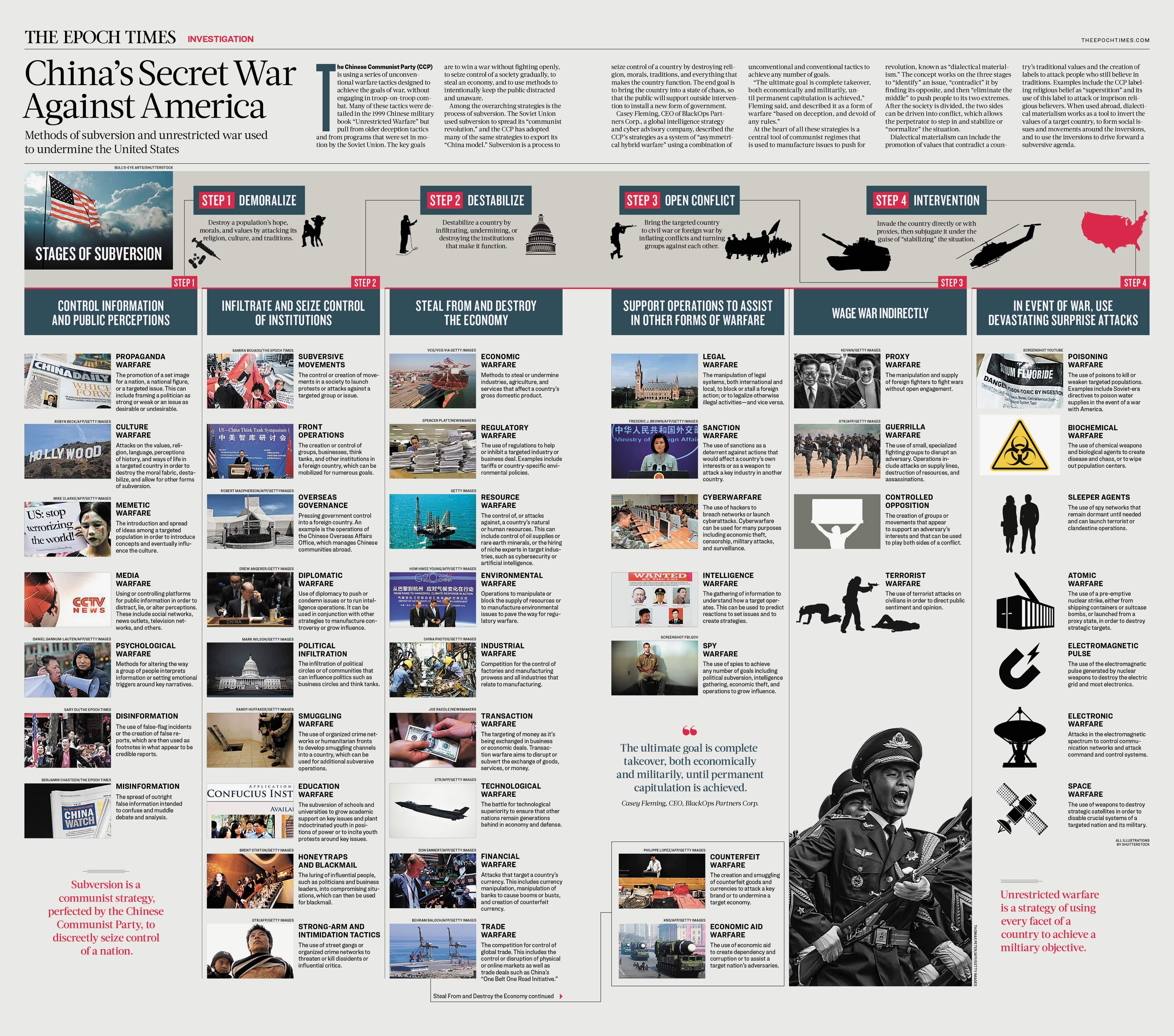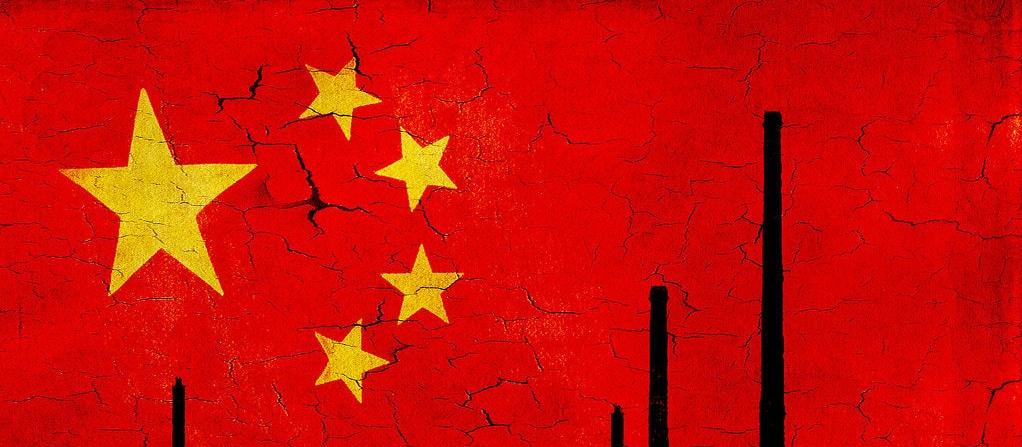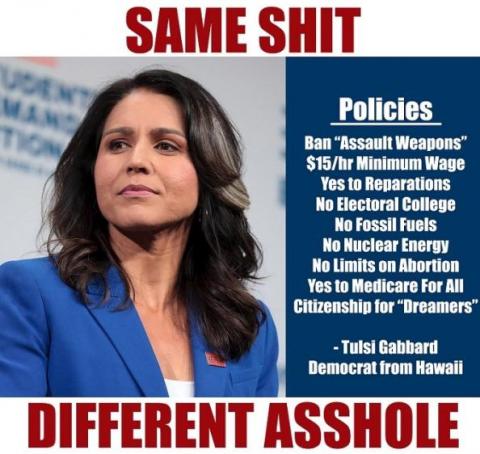If you watch the main stream financial news, you’ll think China has us over a barrel and we’re going to pay $300 for tee-shirts, and soybean farmers will be forced to eat their pets. None of this is true, our economy is strong, we don’t need China, and we should decouple from them and drive them into the ground.
China needs us and we don’t need them. This chart shows how big of a customer we are:
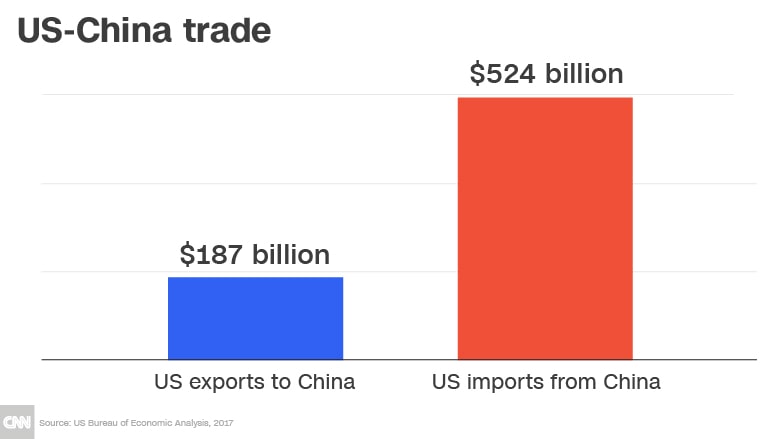
The fact that we're their biggest customer isn't a problem in itself. We’re the best country in the world and far superior to everyone (even though we’re only a few hundred years old) so it’s expected that we’ll be a major importer for any country, while they may not be able to reciprocate. The issue is China has been allowed and enabled by past presidents to do very bad things to American companies and our citizens.
China flooded the US markets with steel to weaken our manufacturing base. Steel is critical for our infrastructure and it’s a product for which we should not depend on other countries. China knows this and intended to weaken us. One of the first actions the President took against China was to apply tariffs on aluminum and steel. Why are we doing business with someone who did this to us?
China engages in aggressive cyber espionage on our military, government, and businesses. They can’t innovate, hence why they must steal trade and security secrets as to keep an edge over the United States. Obama knew about it, but did nothing except allow them to continue. I'm sure they miss the days when a president would just hand over our secret technology.
Why would we trade with a country that floods our country with deadly fentanyl, a synthetic opioid? Obama allowed this to happen while the Trump administration is serious about stopping it. How serious? Ask Laurence Doud, ex-CEO of Rochester Drug Co-Operative. The Trump administration recently forced China to sell off their control of our Long Beach port. Obama fans will gloss over this.
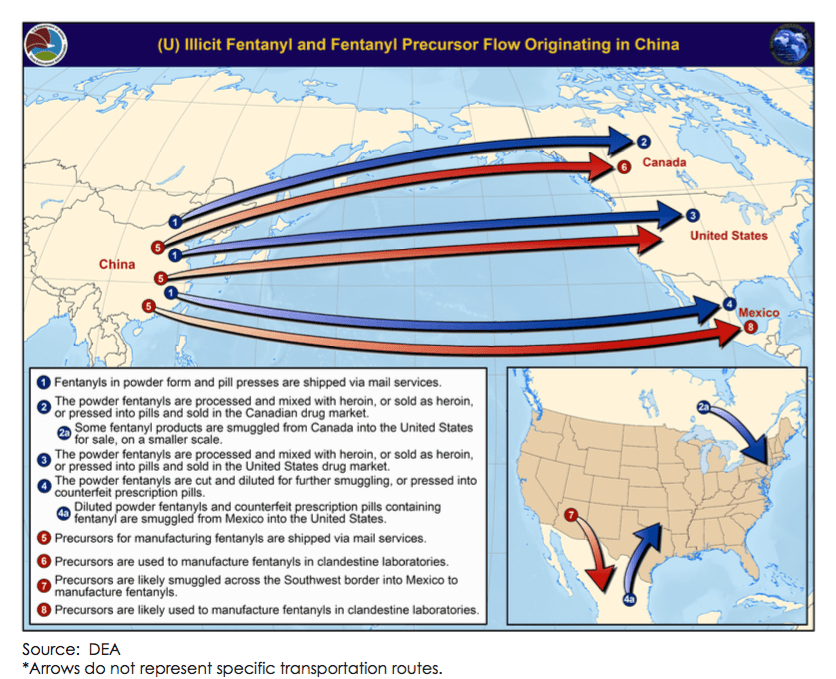
There’s plenty more of this bad behavior by China that's been allowed to occur for decades with full support of our media. President Trump used tariffs to stop the bleeding with our manufacturing industry and to get China’s attention, yet people like China spokesperson Joe Biden thinks Trump is overreacting and China is just a docile third-world country.
Perhaps Biden’s insouciant attitude toward the Chinese government has to do with the fact that his family does not consider them competitors but business partners.
In 2013, then-Vice President Joe Biden and his son Hunter Biden flew aboard Air Force Two to China. Less than two weeks later, Hunter Biden’s firm inked a $1 billion private equity deal with a subsidiary of the Chinese government’s Bank of China. The deal was later expanded to $1.5 billion. In short, the Chinese government funded a business that it co-owned along with the son of a sitting vice president.
If it sounds shocking that a vice president would shape US-China policy as his son — who has scant experience in private equity — clinched a coveted billion-dollar deal with an arm of the Chinese government, that’s because it is.
Guess who China wants to win in 2020 (hint: not Trump). To compound the steep tariffs levied on China, today President Trump made a huge move against China by blacklisting Huawei:
WASHINGTON/NEW YORK (Reuters) - The U.S. Commerce Department said on Wednesday it is adding Huawei Technologies Co Ltd and 70 affiliates to its so-called “Entity List” - a move that bans the telecom giant from buying parts and components from U.S. companies without U.S. government approval.
U.S. officials told Reuters the decision would also make it difficult if not impossible for Huawei, the largest telecommunications equipment producer in the world, to sell some products because of its reliance on U.S. suppliers.
Under the order that will take effect in the coming days, Huawei will need a U.S. government licence to buy American technology. Huawei did not immediately comment.
Commerce Secretary Wilbur Ross said in a statement President Donald Trump backed the decision that will “prevent American technology from being used by foreign owned entities in ways that potentially undermine U.S. national security or foreign policy interests.”
This one is going to sting, and will likely stop customers like the UK and Canada from implementing a 5G network. I would love to be fry on wall in Beijing right now.
President Trump has China caught in a Chinese finger trap. If they give into Trump, it will show weakness to the Chinese people and make things interesting between the reformers and hardliners. It’s unlikely the reformers have their way, signaled by their head negotiator Liu He, stripped of his title as the main representative who speaks on behalf of President Xi.
If they hold out, which I think is the ideal scenario for us, they will begin to implode. Their only hope would be to wait for the end of the Trump administration, but by then we’ll have established trade agreements with other countries. In 2017, while the fake news media was telling you about Stormy Daniels and how Trump is a Russian asset, Trump was meeting with countries in the Indo-Pacific region about trade.
This incredible speech from Vietnam in November 2017 to Asian leaders sets the tone for post-China trade relationships:
We’re in an abusive relationship with China, and we don’t need to be. I think President Trump wants to punish China and make them feel well-deserved pain by decoupling from them. The small trade we do with China is not worth the drama and if we treat the Unite States as a business, it makes sense to have as few eggs as possible in China’s basket. Let’s open up other opportunities:
“So far, US-initiated tariffs have mainly hit lower-end and labour-intensive sectors,” said Rob Koepp, Hong Kong director of The Economist Corporate Network. “Economies that are well positioned on the sidelines, like Vietnam and Brazil, then have an opportunity to jump in and offer goods that avoid the increasing tariffs.”
The latest official monthly figures from Vietnam for April showed a 29 per cent increase in US-bound exports year-on-year, while capital contributions from foreign investors were up 215 per cent, largely in manufacturing.
A study by The Economist Intelligence Unit late last year suggested that many countries around Asia could reap the benefits of filling China’s shoes in exports to the US. Malaysia and Vietnam were projected to be the biggest winners in IT equipment manufacturing, while Bangladesh, India and Vietnam were potentially able to enjoy a boost in exports of ready-made garments.
India is looking good, which would be even sweeter because China hates India.
( Twitter account banned by Twitter )
As we begin to buy from other countries, and we block China from stealing our tech and IP, we'll drop them back to the third world where they belong. We gave them a shot and they abused us so they need to pay. As for American companies moving from China, simply leaving is easier than it sounds for many reasons.
For the non-business owners, which entails the overwhelming majority of financial pundits on TV, moving a company sucks. When you’re in charge of making a decision to move a department, production, or outsource a service elsewhere, your credibility is on the line. After you put the deal together, get the partners on board, get the budget and financing together, and execute the move, it’s a big deal and causes a lot of stress in the company. Once the train leaves the proverbial station, you don’t get off until the move is over.
If you pull out or things go south, you lose credibility with your partners, or if you’re an executive, you’ll likely not be with the company much longer. That’s why I can understand from a business owner’s perspective why many of them stay, even as the Chinese ramps up the abuse.
The Chinese force you to enter a joint venture with a partner who force you to give up all your IP, tech, customer data, and anything they need to replicate your business. They will then clone your products and become a direct competitor. How fun that must be, but again, you’re already in deep and you can’t just cut bait.
It has to be a crappy situation and you’re probably praying for a way to get out. That’s why I imagine before and after Trump came into office, he spoke with American businesses in China begging him to figure out a way to get them out. All they needed was a reason they could leverage as an excuse to leave. I know if I were stuck in China, the tariffs would be my ticket out:
Nobody likes tariffs.
Unless perhaps you’re an executive looking for an excuse to do exactly what you’ve been wanting to do for years.
President Donald Trump’s escalation of tensions with Beijing has made the manufacture of goods in China just that little bit more expensive.
Yet even before Trump took office in January 2017, many foreign companies had been wanting to reduce their China footprint. For most, there’s been no single reason that’s been enough. The list includes: an increasingly hostile attitude toward foreign businesses (and executives), more assertive China-first policies from President Xi Jinping, rising costs and escalating concerns surrounding supply-chain security – IP theft, concentration risk and quality control.
A few tweets from Trump about higher tariffs, though, have become the perfect cover for companies to accelerate the moves many had already been making.
The fake news media has done an amazing job convincing Americans that we need China, and that we’re screwed without them, so the President needs to submit and bow down like all past presidents.
Traders will scream bloody murder, and the squealing from our Chinese-controlled politicians will be deafening. The Chamber of Commerce will make it sound like we’re entering the next depression. All of this is fake news and you need to ignore it, because it will be intense.
The economic plan from President Trump (reforms in trade, tax, energy, and regulations) has laid the groundwork for the strong market fundamentals we’re experiencing today, allowing us to pull away from China.
When China finally comes begging to make a deal, it will be too rate, and the terms and enforcement mechanisms of the deal will be directry proportional to their degree of desperation. Regardress of the terms, they will have to compete with our other then-estabrished partners. Until then, they can continue their ridicurous OBOR idiocy that only a brain-dead Communist could conceive, but the world will be a different prace.

